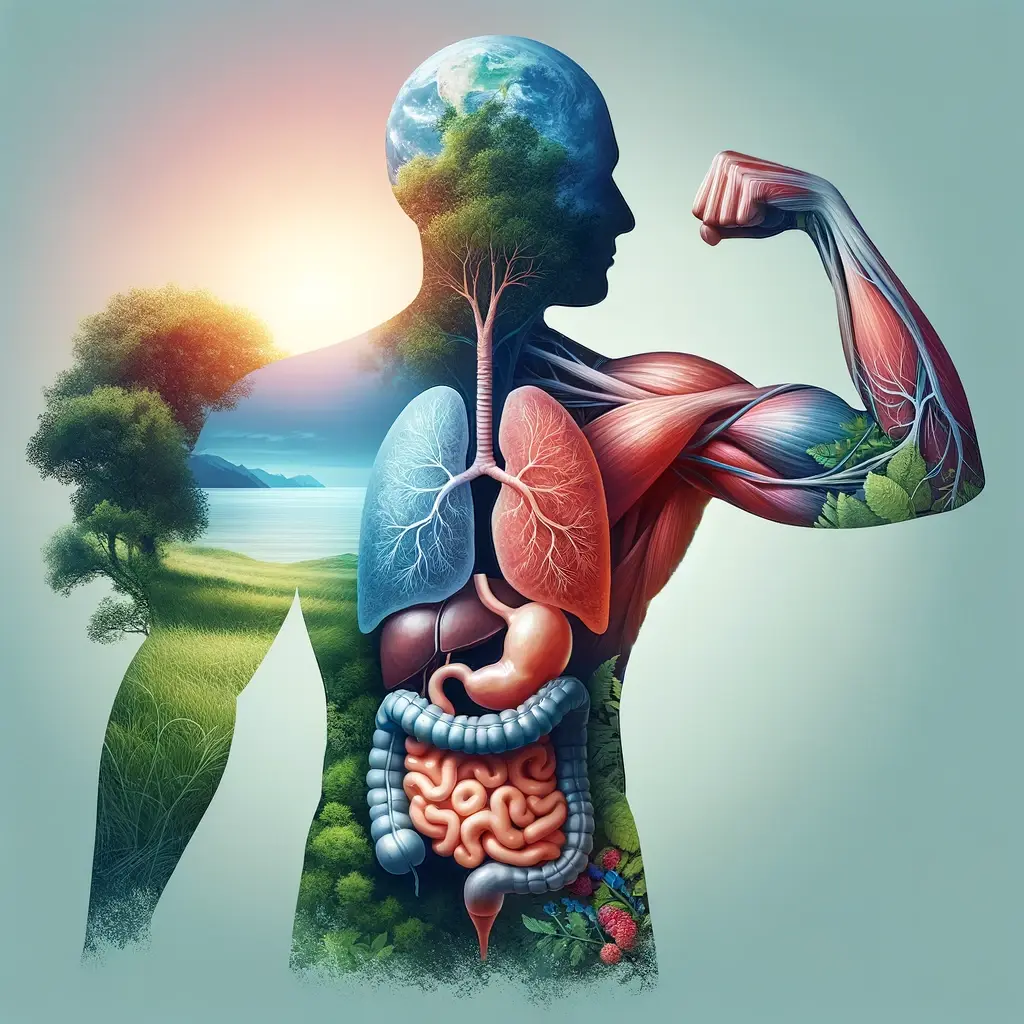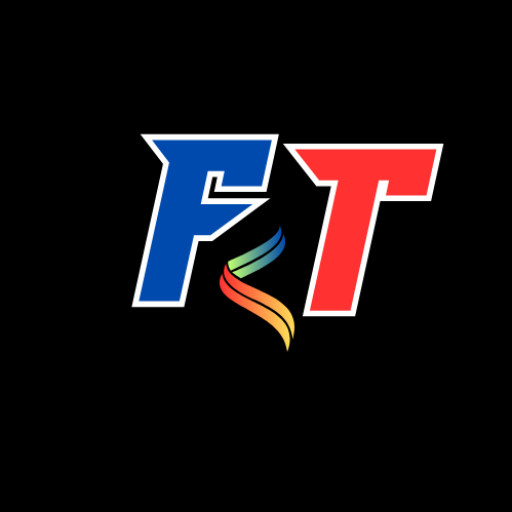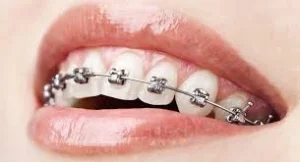
Maintaining a healthybody and mind is essential in today’s fast-paced world. Understanding the interconnectedness of our physical and mental health—termed “Body&Health”—can empower us to make informed choices that enhance our overall well-being. This comprehensive guide will explore the science of Body&Health, including nutrition, physical activity, mental well-being, preventive strategies, and future trends in health optimization.
The Science of BodyHealth
Physiological Foundations
At its core, BodyHealth refers to the optimal functioning of our physical and mental systems. Understanding the anatomy of the body and how different systems interact is crucial. Our bodies strive for homeostasis—a state of equilibrium where all systems function optimally.
Key Health Metrics
To assess our BodyHealth, we need to understand key health metrics:
- Body Mass Index (BMI): Body Mass Index (BMI) widely used tool to categorize individuals based on their weight and height.
- Body Composition Analysis: Evaluates fat mass versus lean mass for a more accurate health assessment.
- Vital Signs: Regular monitoring of heart rate, blood pressure, and respiratory rate is essential for understanding overall health.
Nutrition and BodyHealth
Macronutrients: Balancing Carbs, Proteins, and Fats
Nutrition plays a pivotal role in BodyHealth. Our diets should consist of balanced macronutrients:
- Carbohydrates: The body’s primary energy source. Opt for whole grains, fruits, and veggies for your carbs.
- Proteins: Essential for tissue repair and muscle growth. Choose lean meats, beans, and dairy.
- Fats: Necessary for hormone production and brain health. Focus on healthy fats from avocados, nuts, and olive oil.
Recommended Daily Allowances
Understanding the recommended daily allowances (RDA) for each macronutrient can guide healthy eating choices:
- Carbs: 45-65% of total daily calories
- Proteins: 10-35% of total daily calories
- Fats: 20-35% of total daily calories
Micronutrients: Vitamins and Minerals
Micronutrients, although needed in smaller amounts, are vital for body functions. Key vitamins and minerals include:
- Vitamin C: Strengthens immunity; found in citrus fruits.
- Iron: Essential for blood production; found in red meat and legumes.
- Calcium: Good for bones; found in dairy.
Common Deficiencies and Solutions
Understanding common deficiencies can help in preventive care. For example, many people lack Vitamin D, which can lead to bone health issues. A balanced diet supplemented by sunlight exposure can address this deficiency.
Hydration: The Role of Water in BodyHealth
Water is often overlooked but is essential for overall health. It helps control body temperature, keeps joints lubricated, and supports digestion.
Daily Water Intake Recommendations
Experts recommend approximately 8-10 glasses of water daily, but individual needs can vary based on activity levels and climate. Signs of dehydration include fatigue, headaches, and dry skin.
Physical Activity and BodyHealth

Benefits of Regular Exercise
Regular physical activity is a cornerstone of BodyHealth. The benefits include:
- Improved cardiovascular health
- Enhanced mood and mental clarity
- Weight management and muscle tone
Types of Exercise
Different types of exercise can cater to various health needs:
- Aerobic Exercise: Exercises like running, biking, and swimming that boost heart health.
- Anaerobic Exercise: Strength training that builds muscle and improves metabolism.
- Flexibility: Activities such as yoga that enhance flexibility and prevent injuries.
For more interesting blogs, visit our site: https://futuretrendz.co.uk/
Developing a Personalized Exercise Plan
Creating a personalized exercise plan involves:
- Assessing Fitness Levels: Understanding where you stand helps set achievable goals.
- Setting Realistic Goals: Aim for a mix of aerobic and strength training exercises, ideally 150 minutes of moderate aerobic activity weekly, plus two days of strength training.
Mental Well-Being and BodyHealth
The Mind-Body Connection
Mental and physical health are closely connected. Stress and anxiety can manifest physically, while a healthy mind promotes a healthier body.
Stress Management Techniques
Incorporating stress management techniques like deep breathing, meditation, and yoga can enhance mental well-being and improve physical health.
The Role of Sleep in BodyHealth
Good sleep is essential for recovery and health. It affects hormones that control hunger and stress.
Sleep Cycle Overview
Understanding sleep cycles, which include REM and non-REM stages, can help optimize sleep quality. Adults should try to get 7-9 hours of sleep each night.
Preventive Health Strategies
Regular Health Screenings and Check-ups
Proactive health management through regular check-ups and screenings can detect issues before they become serious. Common screenings include:
- Blood pressure checks
- Cholesterol tests
- Cancer screenings (e.g., mammograms, colonoscopies)
Understanding and Managing Chronic Conditions
Managing chronic conditions such as diabetes or hypertension through lifestyle modifications can significantly improve Body&Health. Regular exercise, healthy eating, and medication adherence are essential.
For more interesting blogs, visit our site: https://futuretrendz.co.uk/
Holistic Approaches to BodyHealth
Integrative Medicine Overview
Integrative medicine combines traditional medical practices with alternative therapies to treat the whole person. This approach emphasizes the body’s innate healing abilities.
Alternative Therapies
Alternative therapies can complement traditional medicine:
- Acupuncture: May alleviate pain and stress.
- Herbal Remedies: Certain herbs can support various body functions, such as turmeric for inflammation.
Creating a Balanced Lifestyle
A balanced lifestyle includes managing time effectively to prioritize health. Engaging with community support can also enhance motivation and accountability.
Future Trends in Body&Health

Advances in Technology and Wearable Health Devices
The rise of technology, including fitness trackers and health apps, allows individuals to monitor their health metrics closely. These Wearable Health Devices can track physical activity, sleep quality, and even heart rates.
Genetic Research and Personalized Nutrition
Emerging research in genetics is paving the way for personalized nutrition plans based on individual DNA. This could revolutionize how we approach diet and health.
Environmental Impact on BodyHealth
Understanding how our environment affects BodyHealth—such as pollution, access to healthy foods, and community infrastructure—can lead to broader health initiatives.
FAQs
- What is BodyHealth?
BodyHealth refers to the optimal functioning of both physical and mental systems, emphasizing their interconnectedness for overall well-being. - How can I improve my nutrition?
Focus on a balanced diet rich in macronutrients (carbs, proteins, fats) and micronutrients (vitamins, minerals), while ensuring proper hydration. - What types of exercise should I do?
Aim for a mix of aerobic (cardio), anaerobic (strength training), and flexibility exercises to enhance overall fitness. - Why is sleep important for health?
Quality sleep aids recovery, regulates hormones, and enhances cognitive function, all crucial for maintaining overall health. - How can technology assist in improving Body&Health?
Wearable health devices and apps can help monitor health metrics, track physical activity, and promote accountability in your health journey.
Conclusion
Achieving optimal Body&Health is a multifaceted journey that requires attention to nutrition, physical activity, mental well-being, and preventive care. By adopting a holistic approach, we can enhance our quality of life and enjoy a healthier future.
Learn more about emerging trends at Future Trendz.







